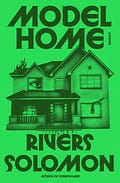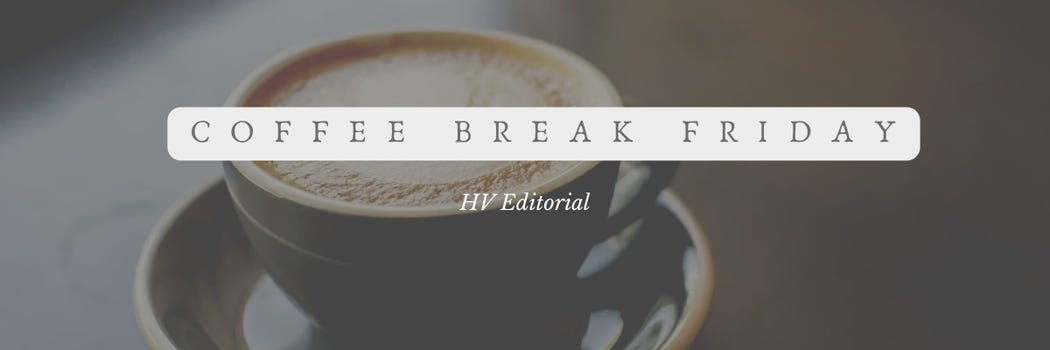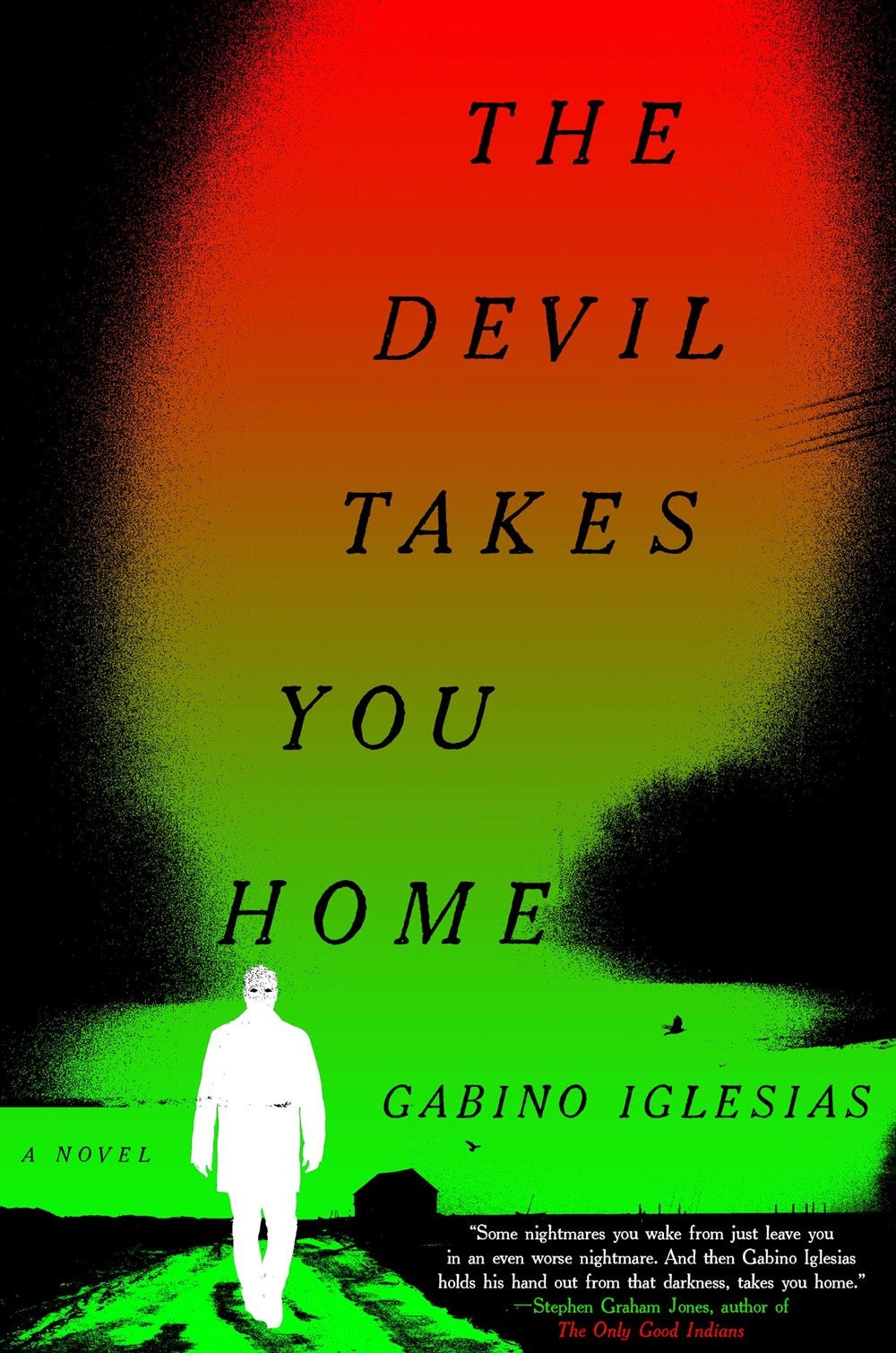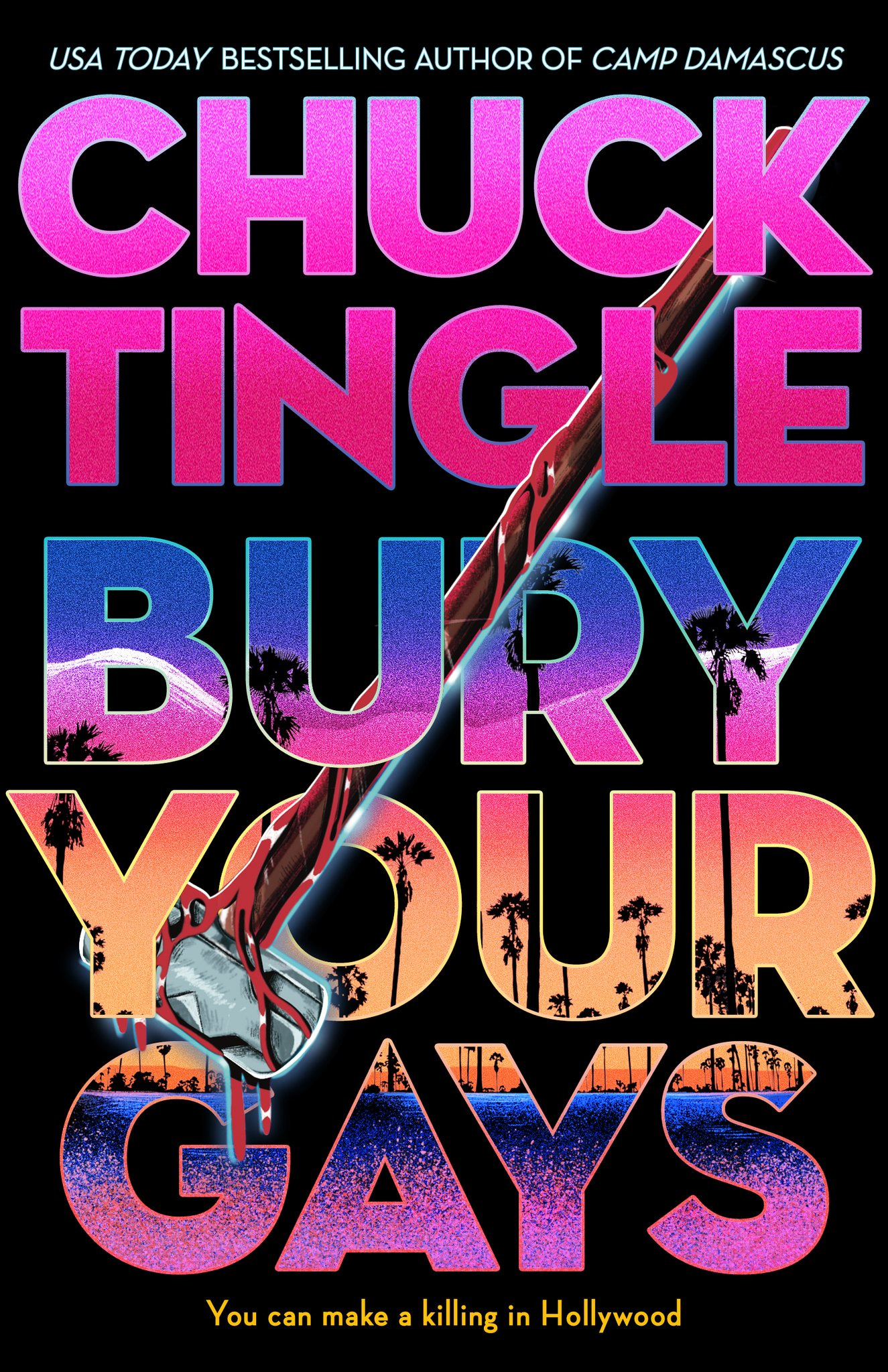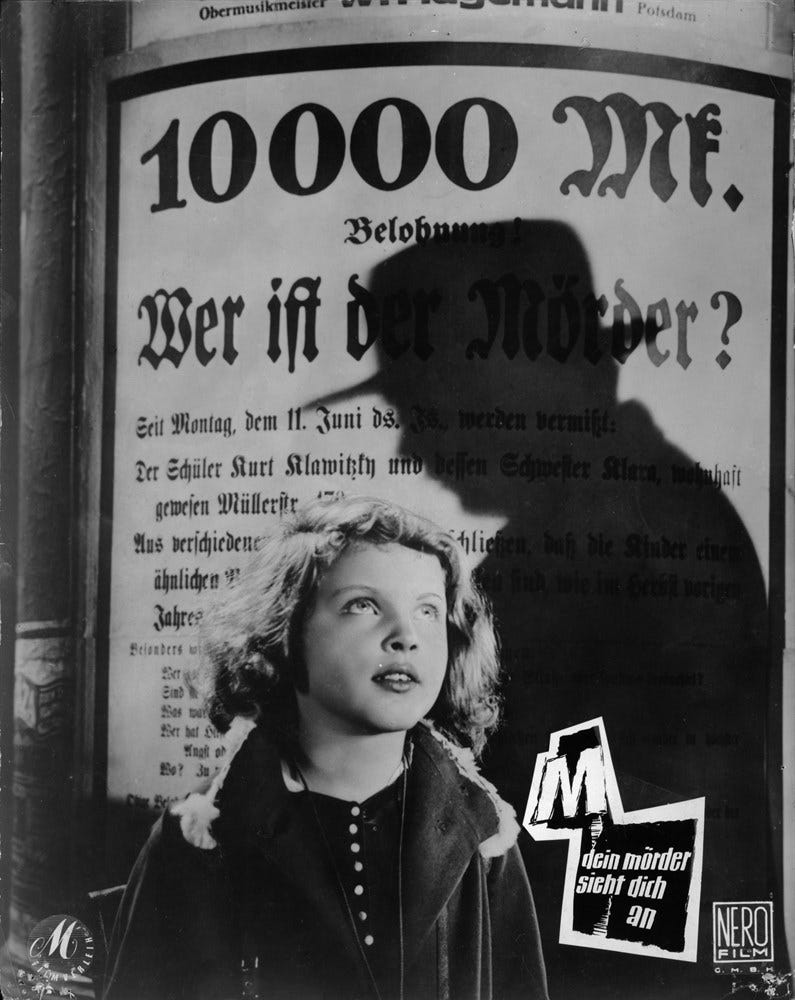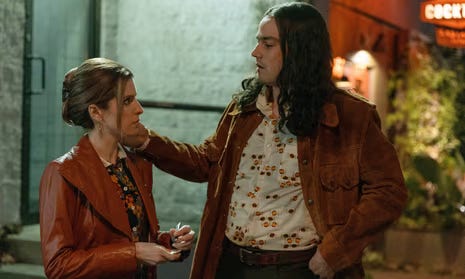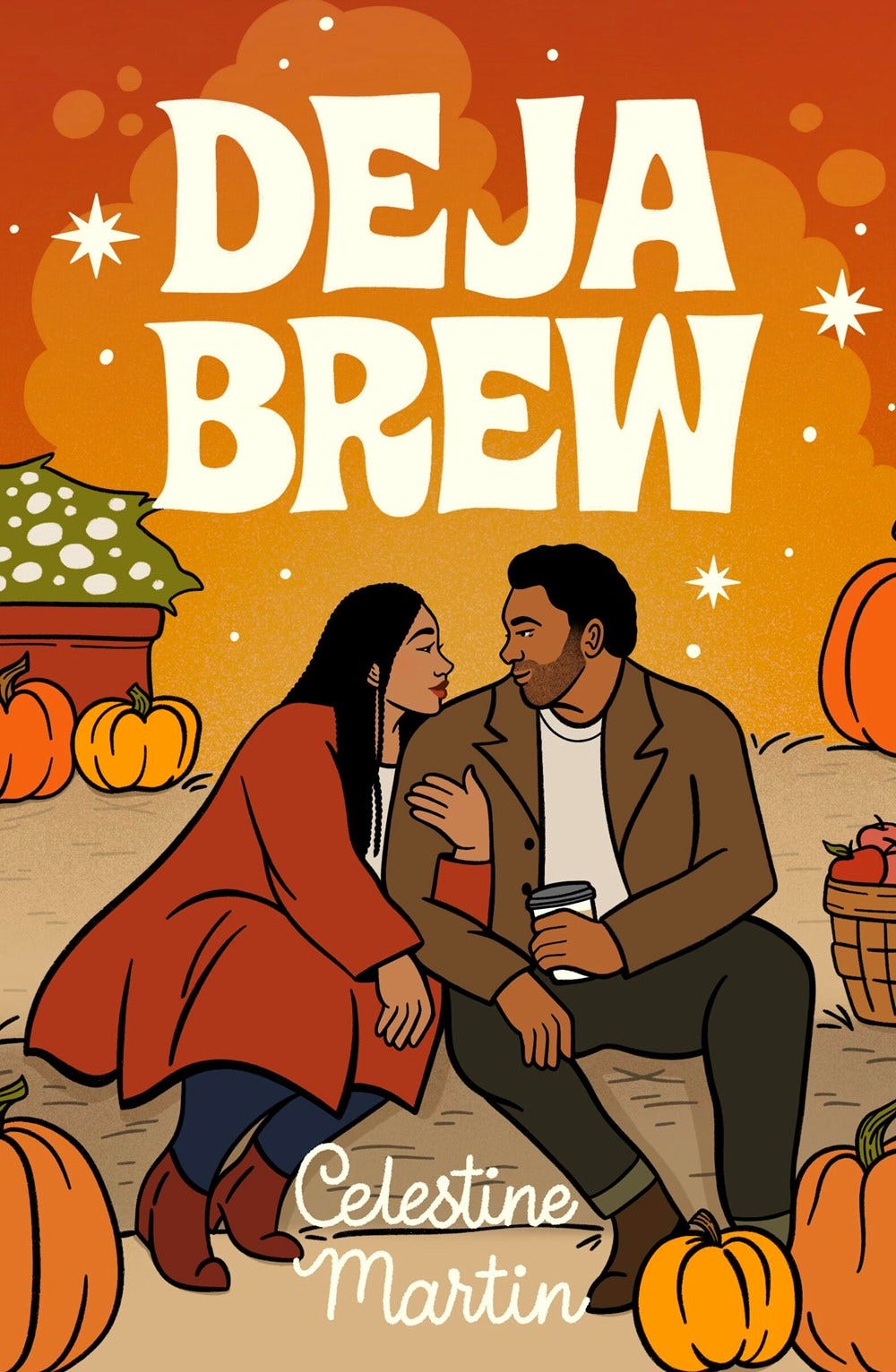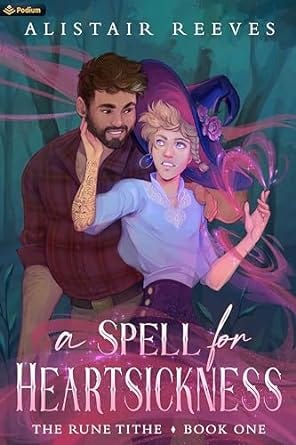What Romance and Horror Have in Common
Genre musings and a Halloween book/movie round-up
I love horror. While it’s easy for me to explain why the romance genre is important, it’s harder to articulate even to myself why horror matters to me. I’m an empathetic person with an aversion to violence. Yet if I go too long without reading about monsters, my brain gets an itch. I clearly need horror because it serves an important role in my thoughts and imagination—but what role is that, exactly?
For me, the romance genre at its best is a guide for how we solve life's major problems. The greatest romances start after our protagonist has reached rock bottom (I wrote about where to start a romance novel here), and they show us how hopeless situations can be transformed into happily ever afters. The end of a romance novel, after all, usually isn’t just about characters being in a relationship: On the path to true love, they’ve also sorted out subplots like bad bosses, crummy apartments, and toxic friendships. The romance books that resonate hold meaningful life lessons.
Horror is similar. In Nina Nesseth’s Nightmare Fuel: The Science of Horror Films, she explains that scientists have found that the MRIs of a person in danger and a person watching a scary movie look different. The former’s fear center is predominantly lit up, but the movie-viewer’s sophisticated problem-solving centers are most active. We use horror to mentally practice our way out of danger.
Hope Is Not a Prerequisite for Good Storytelling
I love horror with hopeful endings—Get Out, Nanny, Locke and Key. But happy endings aren’t guaranteed in the genre.
I remember when I first saw Silent Hill during middle school. A mother navigates a hellish landscape to save her daughter, and she emerges victorious—but when they arrive home, they find they’re actually in a foggy, alternate dimension, forever separated from the father who’s been waiting for them.
I was stunned by that bleak ending. I hadn't known stories could work like that.
But on our way to adulthood, we learn that we do not emerge triumphant and unfazed from the most difficult obstacles we encounter. Not every life event has a silver lining, let alone a happily ever after. In real life, we can be hurt and never heal; we can be defeated and traumatized. We will die.
Compared to romance, it’s harder to explain why horror matters because to treat the topic honestly is to expose our own worst pains. The darkest things in life are also the most difficult to talk about (in fact, horror stories from Frankenstein to Midsommar explore precisely that double-pain of being alienated and shunned as a result of trauma).
In Stephen King’s nonfiction Danse Macabre, he writes, “Horror, terror, fear, panic: these are the emotions which drive wedges between us, split us off from the crowd, and make us alone. … The melodies of the horror tale are simple and repetitive, and they are melodies of disestablishment and disintegration … but [a] paradox is that the ritual outletting of these emotions seems to bring things back to a more stable and constructive state again.”
Horror is an outlet, a cure to alienation. It’s about connection and being seen (which is also, by the way, what romance is about). King additionally writes that “the good horror tale will dance its way to the center of your life and find the secret door to the room you believed no one but you knew of.” Horror is our private miseries, cranked open and shared. It is the art form where we collectively agree to contemplate the things we normally push away because we know that acknowledging them sometimes is important, that a life that makes room only for happily ever after will quickly crumble in the face of difficulty. We’re better prepared to cope with a few zombie apocalypses up our sleeves.
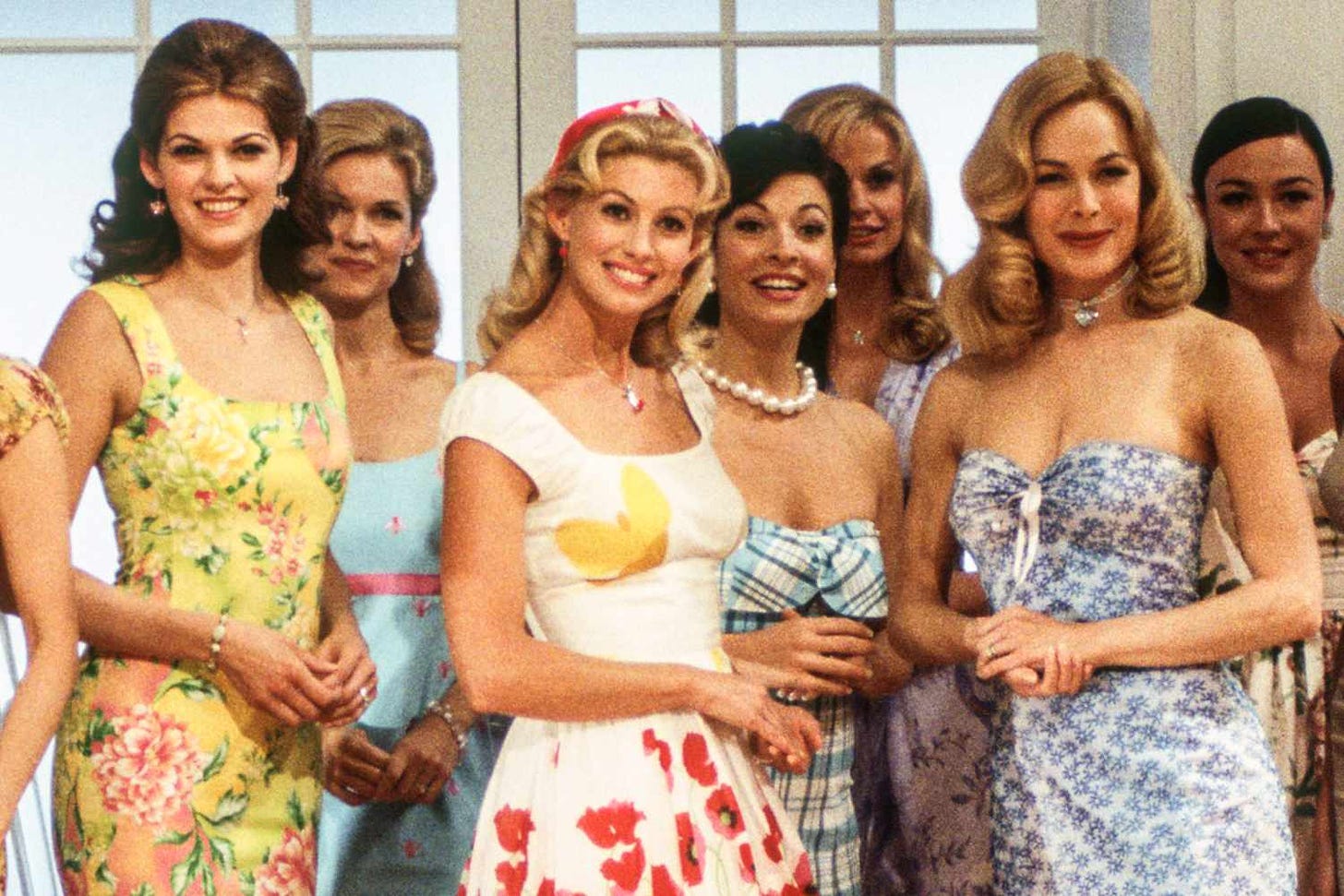
I find “spooky season” a great way to routinely face what day-to-day living doesn’t make room for.
Here are the books and movies I’ve most enjoyed this autumn.
Books
Model Home by Rivers Solomon
Mother is God, I’m her whim made from clay. Mother is God, I’m Earth’s broken rib. Over and over again, she says: Child, this is paradise. I say, Mother, I’ve never heard of a paradise with a talking serpent, nor one where I must daily encounter food I’m forbidden to eat. I may be newly made, but even I know apples are to be consumed. They’re on the list of WeightWatchers foods worth one point.
Solomon’s debut An Unkindness of Ghosts (which is science fiction) is one of my favorite books of all time. In Model Home, Solomon teaches us how to craft sentences and paragraphs that feel like individual poems. This is a vibes-based book, and I’m still reading it, but it’s worth your time.
The Devil Takes You Home by Gabino Iglesias
Do you know the first scene of Uncut Gems (dir. Safdie), where Adam Sandler’s character is getting a colonoscopy, and you just sit there thinking, What did I sign up for? And then the movie never, ever stops, and you feel like you’re being swept along for a marathon you didn’t train for? Yeah. Iglesias’s book feels just like that.
Bury Your Gays by Chuck Tingle
Some events are timeless, I guess, stuck between past, present, and future. They’re a different color than the rest. A different scale. A different tense. When you turn them into a screenplay or a song or a novel or even a piece of erotic fanfiction, they are the moments that will outlive your body.
Chuck Tingle has been writing a lot for a very long time, and he’s gotten very good at it. His debut horror, Camp Damascus, was excellent, and I enjoyed Bury Your Gays more, finding it even more tangled up in its own themes of art, trauma, creativity, and AI anxiety. By the end of chapter one, I felt like I was glued to a log seat around a campfire, completely immersed in the story Tingle was telling.
The Shining by Stephen King
This feels like the most underrated overrated book I’ve ever read. The Shining is an exploration of that distinctly paternal crime, family annihilation. It explores how family annihilation happens in America—what cultural forces contribute to a father's urge to kill his family and himself.
The Shining came out only about a decade after child abuse entered the public consciousness, and it was written while feminists were campaigning to change the nation's indifference to domestic violence. I feel the book got the commercial success it deserved, but that King hasn’t received the right kind of credit. He wrote one of the great American novels, insightful and ahead of its time, but I've been ignoring him all these years, under the impression that his writing was shallow. Boy howdy, was I wrong.
Also, lest I forget: The book is scary! It's fun and immersive and a thrilling page-turner while hurtling straight into the Big Questions at the same time. It manages to be all the things at once, like only the very best books can be.
Movies
Bodies, Bodies, Bodies (2022)
This one is a fun little puzzle box of a movie where comedian Pete Davidson basically plays himself, it never takes itself very seriously, and, by the end of it, you feel you’ve neatly solved it, like a Rubik’s Cube or a Sudoku.
M (1931)
I finally got around to the Fritz Lang classic starring Peter Lorre as a serial killer of children, and I get why people have been watching this for a century. Interesting to see strands of M in our modern-day true crime, Stephen King’s IT, etc.
Woman of the Hour (2023)
One time in the 70s, a serial killer was on an American TV show called The Dating Game. Woman of the Hour recreates this moment not from the perspective of wow, that sure was a weird thing that happened!, which would have resulted in a cheap true crime flick, but by asking What was it about the entire culture that made this weird thing possible? Director Anna Kendrick’s answer is that serial killers are exceptional only in their degree of violence, and she understands where true terror exists in the daily lives of women. Very well-handled.
That’s my little round-up for you. My Halloween reads haven’t been relentlessly horrific, however. This season I’m also reading two autumnal romances: A Spell for Heartsickness by Alistair Reeves, which has very sweet Kiki’s Delivery Service vibes, and Deja Brew by Celestine Martin, whose witchy romances I always enjoy.
What have you been reading and watching this season?
And by the way—do you have a horror novel you need a developmental editor or copyeditor for? Reach out to me!
Until next time,
Hannah Varacalli
Copy & Developmental Editor
www.hveditorial.com

